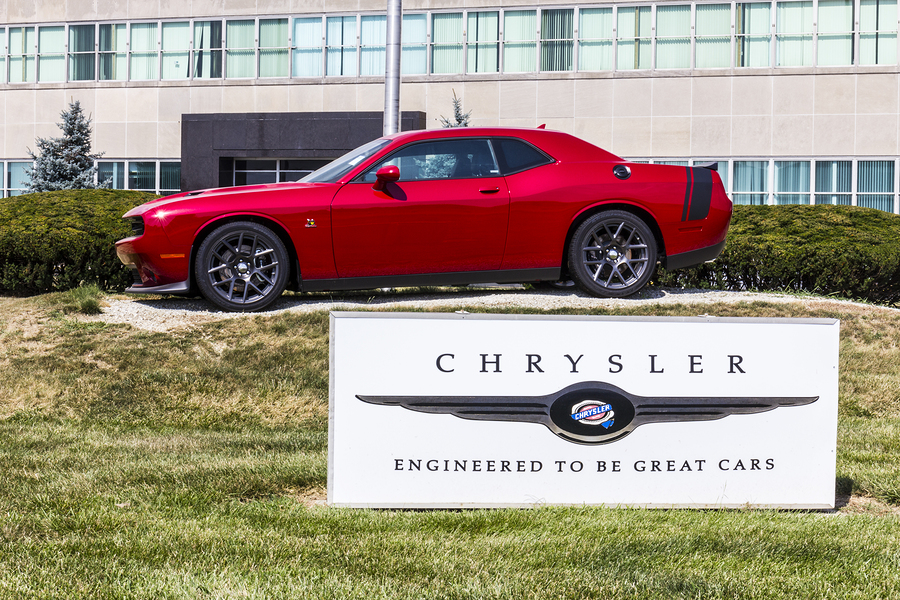Fiat Chrysler Automobiles (FCA) is revving auto industry expectations with its Jan. 11 announcement of plans to move its Dodge Ram heavy-duty pickup production from Saltillo, Mexico, to Michigan. Company insiders hope their planned 2020 move will help revive domestic automobile manufacturing.
Picking up speed after a downturn
U.S. automobile manufacturing has been declining for years, a condition with many underlying factors including diminishing faith in domestically produced automobiles’ reliability as well as tough competition from a thriving import market. Last year was not a stellar year for U.S. automotive industry employees, either. In comments to the Detroit Free Press, Director of the Industry, Labor & Economics Group at the Center for Automotive Research Kristin Dziczek said November 2017 employment rolls were down by 5,700 employees compared to December 2016.
One major factor affecting domestic automobile manufacturing is attributed to offshoring automobile production for domestic sales. Specifically, this applies to automobiles and auto parts manufactured in Mexico under the terms of the North American Free Trade Agreement (NAFTA). In the first year of the Trump administration, the number of automobiles those in the U.S. imported from Mexico increased by 9.4%, according to a report by CNBC’s Phil LeBeau.
Automotive industry insiders broadly consider President Donald Trump’s “America First” policies, including the newly enacted tax reform package that slashed corporate taxes by 14% as well as his promises to renegotiate NAFTA, to be driving forces behind the FCA decision. Industry analysts speculate the relocation would shield company profits should the U.S. withdraw from the agreement. Such an event could impose 25% tariffs on automobiles manufactured outside the U.S.

FCA spotlight
As part of the relocation, FCA intends to invest $1 billion to modernize its manufacturing plant in Warren, Michigan, in addition to the $1 billion investment announced in January 2017. Company leaders estimate the move will create 2,500 new jobs by its completion in 2020.
This billion-dollar investment, according to this FCA North America press release, is in addition to $2.5 billion Fiat Chrysler had already earmarked for modernizing its stateside plants. The investments are crucial steps in plans to steer the firm away from passenger car production in an effort to meet the increasing demand for pickups, crossovers, and SUVs. In total, FCA has invested $10 billion in U.S. automobile manufacturing since 2009.
In other good news for the U.S. auto industry, and another nod to “America First” policies, during a press conference last month, Toyota and Mazda revealed plans to invest $1.6 billion in a new plant located in Huntsville, Alabama. The plant will have the capacity to produce up to 300,000 automobiles per year and create 4,000 new jobs. Toyota’s portion of the investment is in addition to its January 2017 promise to invest $10 billion over the next five years.
 Whether you’re an automobile manufacturer or expert in another industry sector, you can always count on the professionals at Global Electronic Services for your manufacturing equipment repairs. Contact us for all your industrial electronic, servo motor, AC and DC motor, hydraulic, and pneumatic needs — and don’t forget to like and follow us on Facebook.
Whether you’re an automobile manufacturer or expert in another industry sector, you can always count on the professionals at Global Electronic Services for your manufacturing equipment repairs. Contact us for all your industrial electronic, servo motor, AC and DC motor, hydraulic, and pneumatic needs — and don’t forget to like and follow us on Facebook.